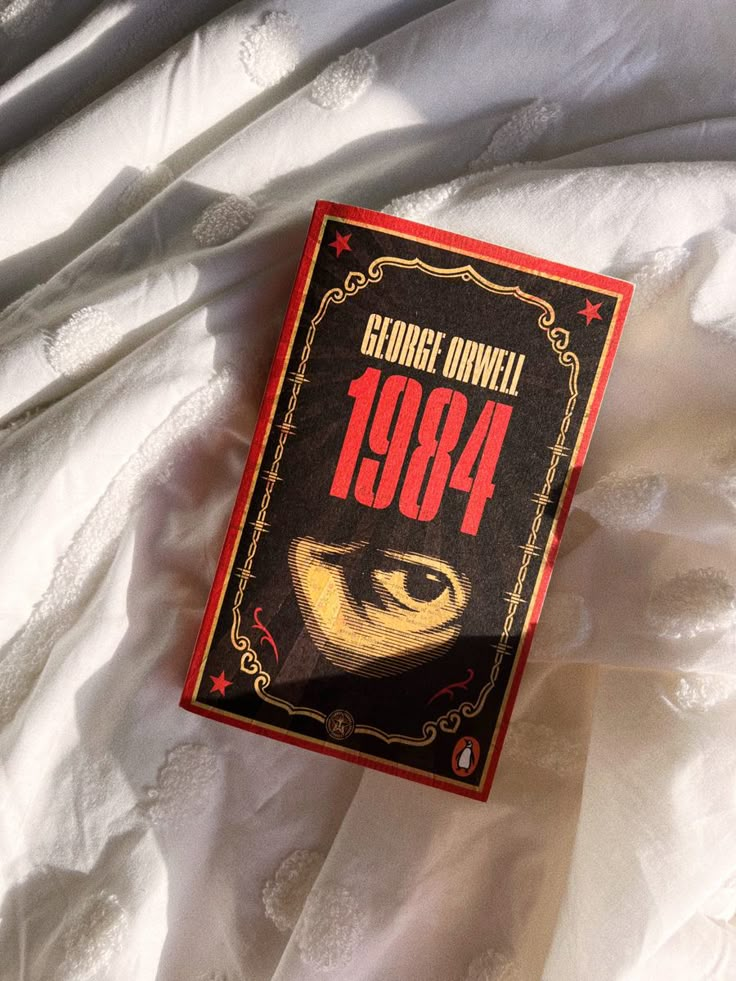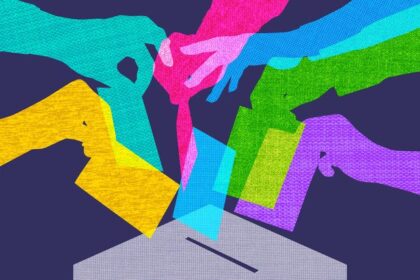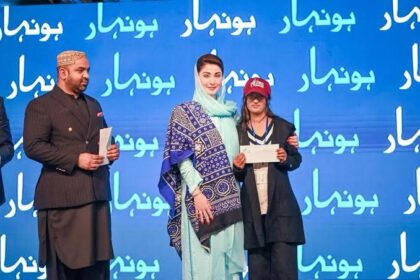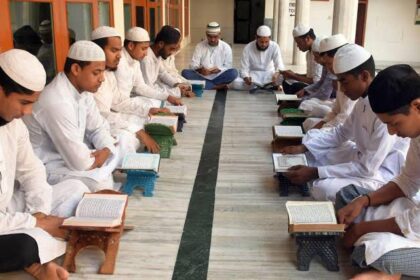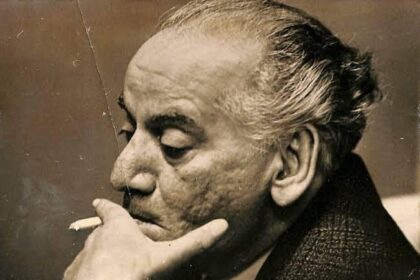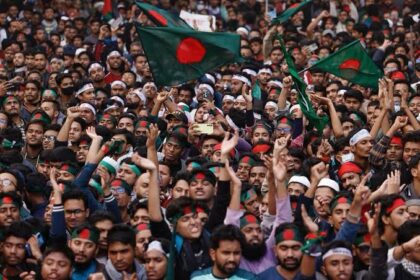It’s May 2025. A journalist has just been arrested for exposing corruption — branded anti-state for daring to speak the truth. I sit in the air-conditioned classroom of a privileged university run by You Know Who, haunted by the memory of two people lynched over blasphemy just months ago. Their blood is still fresh in my mind. Around me, comfort — mine included — feels like complicity. My “eat the rich” self wants to scream, to tear through the illusion of innocence cloaking our privilege. I want to shout: we are part of the problem. Our safety is bought with silence.
Unable to focus, I pick up my copy of 1984 by George Orwell and begin where I left off. “Freedom is slavery,” the chapter begins. “Slavery is freedom,” it ends. I’ve always struggled to see Orwell’s world as fiction. It feels too familiar, less a dystopia and more a mirror. Orwell didn’t imagine a dark future. He recorded a darker present.
Totalitarianism, such an ableist word for a person like me who suffers from stuttering and is unable to pronounce this cluster of characters. Totalitarianism, a word that aptly describes the system of governance of my country. Doublespeak, the national language of my country. Crisis: the state of my personal and social identity.
One of the key aspects of controlling public narratives in a totalitarian regime is the weaponisation of fear. This weaponisation of fear leads to people giving up their rights, their independence, and putting their trust, their liberty, and their dignity in the hands of the administrators of the totalitarian regime so that they can protect them from the very fear that they created to sustain their absolute rule.
The totalitarian regime aims to create a homogeneous identity among its subjects. An identity that can neither be questioned nor altered and certainly not be diluted to accommodate others. The particular ideology or identity that it imposes is shaped by economic interests, geopolitical considerations, domestic politics, and the whims of those in power. The absolute nature of this ideology prevents the fragmentation of power in a totalitarian regime. Soviet Russia used the identity of a Soviet man to achieve this goal. The Soviet man was supposed to give up all his identities and just be loyal to the Communist Party. This homogeneity and uniformity help a totalitarian regime to construct the narrative at large scale.
This identity is made so rigid, so untouchable, that anyone who aims to question it is charged with sedition. It is important to understand that the very identity and the very ideology weaponised by the totalitarian regime are not to be blamed. It’s the inflexible nature or portrayal of it that should be questioned. History gives us contradicting examples where polar opposite ideologies were weaponised for the sustenance of the absolute rule of a totalitarian regime. In Russia under the Romanov dynasty or Iran under Khomeini, religion was used to sustain what great thinkers refer to as “theocratic totalitarianism”. On the other hand, in Russia under Stalin or in the recent Sinicisation of Uyghur Muslims, anti-religious sentiments were used to achieve “secular totalitarianism”.
In the modern world, where countries are supposed to maintain or at least portray a democratic character, this weaponisation is much more subtle, and the totalitarian regimes are much more complex, with the judiciary, bureaucracy, military, industrialists, and capitalists taking decisions concerning the fate of the public behind closed doors and the politicians creating an illusion of democracy on the grand political stage.
So What Do We Do?
We begin by recognising the signs: when a state sanctifies a single identity and demonises all others. When critics are jailed or killed — not just by the state, but by mobs the state enables. When fear becomes a public resource and silence a civic duty. In those moments, we are no longer citizens. We are subjects.
And maybe, just maybe, it’s time we stopped being so obedient.
